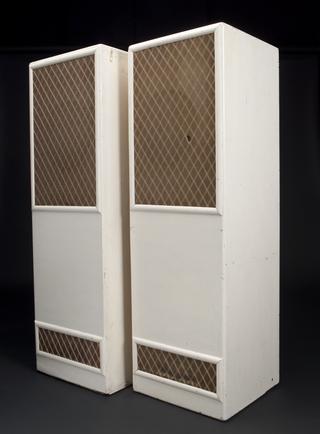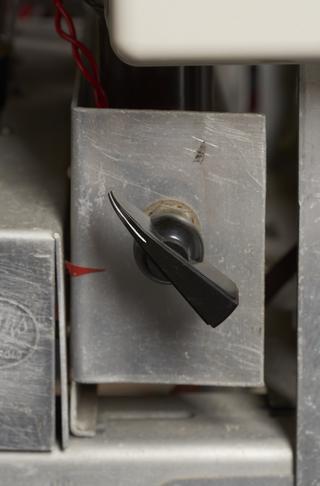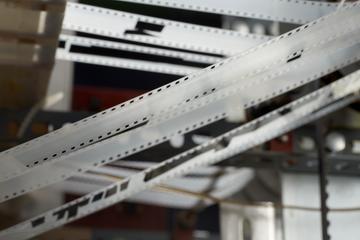
Daphne Oram studied the piano, organ, and music composition as a child. She was offered a place at the Royal College of Music in 1942 but declined it to work at the BBC as a Junior Sound Engineer and Music Balancer. She was promoted to Studio Manager by the early 1950s.
She became fascinated with the development of electronic music and musique concrete in Europe, and with Desmond Briscoe produced electronic sounds and scores for the Drama Department. They began a campaign to persuade the BBC to create an electronic music department, leading to the creation of the BBC Radiophonic Workshop on 1 April 1958. Oram was its first Studio Manager, however, she resigned after just one year.
Oram set up her own electronic music studio at her home – a converted oast house in Kent called Tower Folly. She was the first woman to have her own independent electronic studio. It was there that she produced sounds and music for a wide range of media and performances. As well as her commercial work, Oram created the experimental Oramics Machine. In 1962 she received £3,550 from the Gulbenkian Foundation, and another £1,000 in 1965, to develop the system which took drawings on 35mm film and glass slides, which would be converted into sound. Despite the investment, the system was never entirely successful.
As well as lecturing and writing on electronic sound and music, Oram embraced the computer revolution of the 1980s. She tried to develop a software version of the Oramics System for the Acorn Archimedes computer with a grant from the Ralph Vaughn Williams Trust. A series of strokes in the mid-1990s meant Oram had to stop working and eventually move into a nursing home, before her death in 2003.


